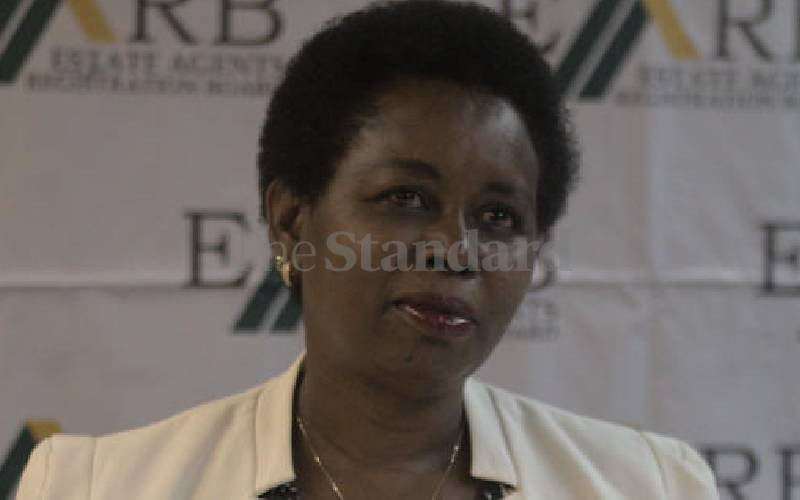The catalogue of heartbreaking reports on defilement that continue to pour in from across the counties make for depressing reading.
In the last three months alone for example, a disabled Likoni teenage girl was separated from her biological mother after it emerged she had been defiled several times by different men with the knowledge of her mother.
In Kakamega, a 12-year-old girl from Bukura paralysed from the waist down was defiled by a neighbour known to her. In Ndumberi, Kiambu County, a man allegedly defiled his six-year-old step-daughter before murdering her and stashed her mutilated body in a suitcase.
In Migori, an 11-year-old pupil is seeking justice after a 58-year-old teacher defiled her on in a bush a few kilometres from school. The teacher admitted the crime.
Incidents involving teachers defiling pupils are especially on the rise. The common thread in all these stories is that as a society we have failed to curb sexual abuse especially against children. Existing laws remain ineffective. Add the complicity of family members and even mothers to protect the abuser and you have a recipe for an unstoppable crime.
It’s time Parliament seriously considered establishing a sex offenders registry for all accused and convicted sex offenders to brand the accusers who currently easily get away with the crime.
Their act stigmatises their victims for life. It’s about time, like Cain in the Old Testament when he killed his brother Abel, these criminals are branded for life.
A sex offender registry would act as a central criminal record for all convicted sex offenders to ensure their acts are on record and accessible to potential future employers, associates, neighbours and the criminal justice system.
It would ensure future employers can recognise predators from the list of shortlisted candidates for, say a teaching position at a high school or factory.
Convicted sex offenders would be required, after serving their time, to fill out a registration form and submit it to a police station where they reside. The form would carry personal information, including home address and place of employment. This information would be stored by the national police in a Sex Offender Registry.
The information would then be accessed to the public when needed. For example, if you suspect a teacher is abusing children, you could request the police to confirm if the individual is a registered sex offender. If confirmed, the information would form the basis of a police investigation.
The information in the registry would be shared with a school administration if the offender lives within, say, five-kilometre radius of the institution.
Teachers registered as offenders would find it hard to work at another school and would be constantly on the watch list of local administration. Sex offenders convicted in one county would be required to register within, say, two weeks of moving to another county. This way, we will stem the tide of growing defilement cases and protect our children from predators.
The writer is an Associate Editor at The Standard
 The Standard Group Plc is a
multi-media organization with investments in media platforms spanning newspaper
print operations, television, radio broadcasting, digital and online services. The
Standard Group is recognized as a leading multi-media house in Kenya with a key
influence in matters of national and international interest.
The Standard Group Plc is a
multi-media organization with investments in media platforms spanning newspaper
print operations, television, radio broadcasting, digital and online services. The
Standard Group is recognized as a leading multi-media house in Kenya with a key
influence in matters of national and international interest.
 The Standard Group Plc is a
multi-media organization with investments in media platforms spanning newspaper
print operations, television, radio broadcasting, digital and online services. The
Standard Group is recognized as a leading multi-media house in Kenya with a key
influence in matters of national and international interest.
The Standard Group Plc is a
multi-media organization with investments in media platforms spanning newspaper
print operations, television, radio broadcasting, digital and online services. The
Standard Group is recognized as a leading multi-media house in Kenya with a key
influence in matters of national and international interest.








